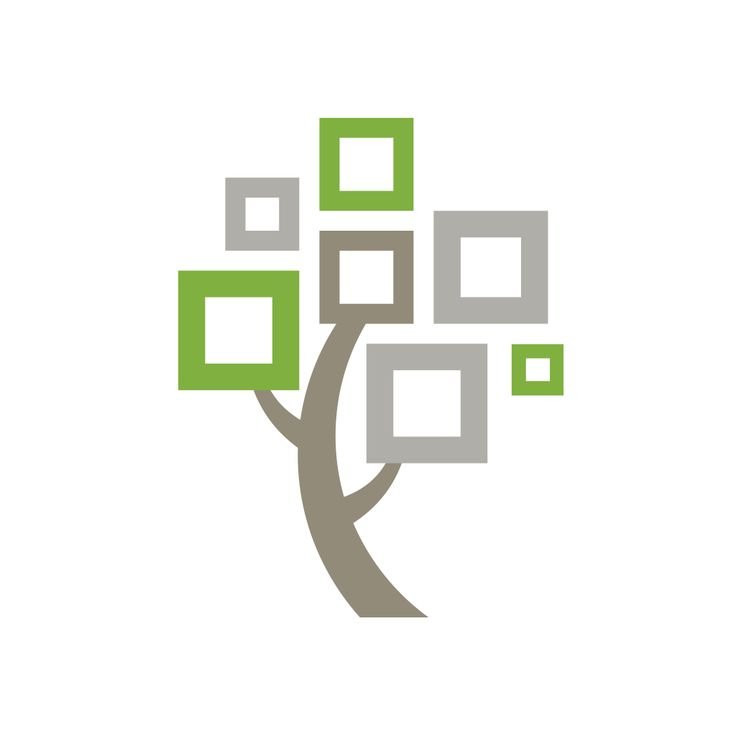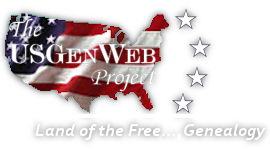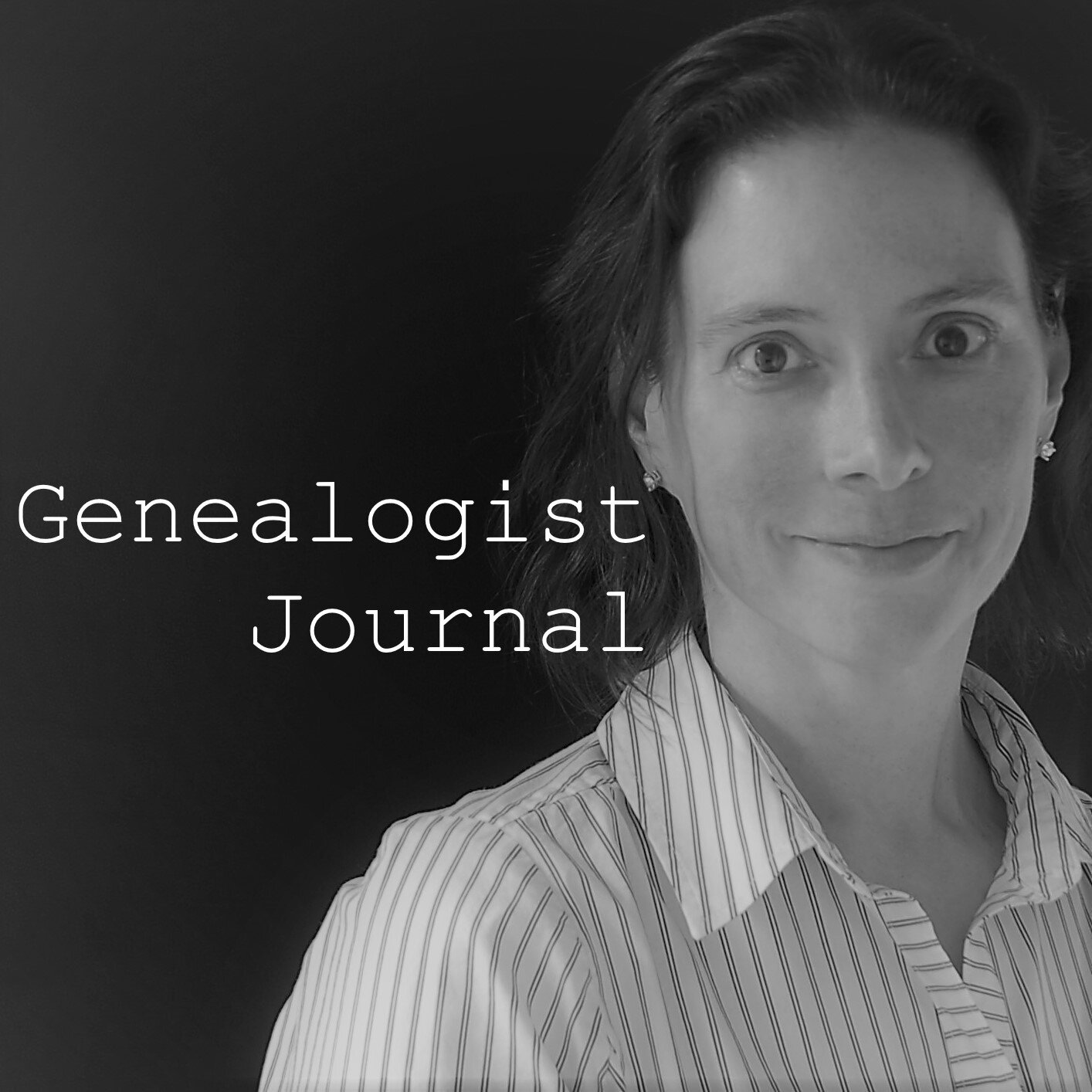My Top 10
Genealogy Resources
-

1. FamilySearch
FamilySearch. FamilySearch is an LDS run genealogical site that relies heavily on volunteers. In the past I have volunteered at local LDS genealogical centers. Even though I am not a member of their church they were open to my help and very friendly. It was time well spent and made several fhttps://www.familysearch.org/en/riends. FamilySearch have many useful tools for the family historian. Fairly recently (in the last few years) their website began requiring that users signup for an account. This is not a big deal as the account is free. My primary use for FamilySearch is their databases which are extensive.
-

2. GenWeb
In my early days of genealogical research, I discovered GenWeb. I believed I struck genealogical gold. And I did. The network of websites and hosts proved to be valuable resources. It is a matrix of state and county websites each with their own local volunteer host. Each website often has biographies, maps, pictures, local histories, cemetery records, diaries, and more. However, depending on the host each site has varying degrees of information available. Nevertheless, when researching in a specific location it is worth while to check out the county GenWeb page.
-

3. Find a Grave
I love Find a Grave. The website is a virtual cemetery. Find a Grave also relies heavily on volunteers. Physical cemeteries throughout the United States and Canada are listed virtually. Each person interred in a cemetery receives an individual memorial page. On that page the volunteer creator can (and often does) add a photograph of the headstone or gravesite, add an obituary, connect the memorial page to known family, and leave virtual flowers with a message. You can use Find a Grave without signing up for an account. But I highly recommend that you do. It is free and it allows you to manage memorial pages and sign up to volunteer in your area.
-

4. Chronicling America
While I consider all genealogical research fun. My favorite is searching through newspapers. There is nothing more tantalizing than a juicy piece of gossip from a hundred years ago. I have learned about so much different historical perspective perusing through old papers. Chronicling America is part of the Library of Congress. You do not need an account to search through digitized images of papers. The search engines are straightforward and easy to use. One feature of the site is you can either download the full image of a page or zoom-in and download/print a “clip” of the page. When you print a “clip” you also get full citation which is great. Remember, the Chronicling America project is by no means complete. It is in progress. It is worthwhile to check back often to see if there are any new treasures awaiting.
-

5. Internet Archive
Another useful website for family research is Archive.org. Internet Archive is a non-profit library of millions of free books, movies, software, music, websites, and more. Keep in mind they are donations based. While the site has an incredible number of resources and information, as a researcher I tend to use the books most often. You can find old local histories which often contain information on families in those areas. Also, there are old books on families of different lines, military history, and so much more. One of the features I find most useful on the website is their dynamic in-book search. You can search for a name within a book, and it will book mark each page where that name occurs for you. You can easily click from one result to another. If you find the entire book useful for your research, you can download a full pdf copy to your computer. I have done this numerous times.
-

6. National Parks Service
Now you might think, National Parks Service? What do they have to do with genealogy? Well, the National Parks Service has several Civil War battlefields under their care. Also, they have a spectacular Civil War Soldiers and Sailors database. As their website says, “[Their website] is a database containing information about the men who served in the Union and Confederate armies during the Civil War. Other information on the site includes histories of Union and Confederate regiments, links to descriptions of significant battles, and selected lists of prisoner-of-war records and cemetery records, which will be amended over time.” It is a great Civil War resource. I believe it is worth taking a look.
-

7. Washington State Digital Archives
Washington State Digital Archives
I do a lot of research in Washington State. One of Washington State’s great genealogical resources is their digital archives. You can find scanned images of birth, marriage and death records, land records, cemetery records, some newspapers, and more. These images are downloadable for your personal records. You do not need an account to use this website. If you are researching in Washington, check them out. Their state funding depends on how many visitors uses the site. So, click away. Visitors = more funding for the project.
-

8. Lexington Public Library
Another amazing open access research tool is the Lexington Public Library. They have a digital archive called the Kentucky Room Digital Archives. Part of their digital collection are Kentucky newspapers and community collections that include diaries and church records. They have a growing number of images, Kentucky directories, and histories. The website states that their digital archives are but a penitence of their physical archive and they are continually working to digitize their holdings. In other words, check back often.
-

9. Wyoming State Archives
While doing research on my husband’s family, I fell in love with Wyoming Sate Archives. Their newspaper project to be specific. However, they also have oral histories, maps, photographs, manuscripts and more. As with most state archives you do not need an account to use their databases. So, how did I come across this treasure trove of information? As I said before I was researching my husband’s family, specifically his Odette line. Normally, when looking for information in a state one of the first places I stop is the State Archives to see what resources they have. That is how I found Wyoming’s newspaper project. My mind was blown away. The gossip columns in the area were incredible. Who knew that in a hundred years, the town busybody would be an important tool for researchers? Through gossip columns over a ten-year period, I was able to track the movements and regular life of the Odette family. I know what parties they hosted, which ones they attended, their vacations, illnesses, visitors who popped by, and more. Just writing about it now, several years later my mind is still blown.
-

10. GEDmatch
DNA enthusiasts, GEDmatch is the site for you. You upload your DNA Raw Data, and, in a few days, they match it with others in their database. The website states, “GEDmatch is a free DNA comparison and analysis website for people who have tested their autosomal DNA using a direct-to-consumer genetic testing company, such as 23andMe, or have a custom file from other sources. Testers download their DNA data file from the testing company, and then upload it to GEDmatch. GEDmatch processes the file, adds it to a genealogical database, and provides applications for matching and further analysis. Because GEDmatch aggregates files from all testing companies, your potential for matches is greater.” This past summer the website has gone through a makeover. One of their new features is DNA match notifications. If you are free user (which I am) you can receive weekly emails of new matches that are 100 cM or greater. Their website requires you have an account, which is understandable as you upload your DNA Raw Data and can build a tree. They have a free account option with limited use of their resources. They have their Tier 1 account option which is quite reasonable. What I like about their Tier 1 account is that it is affordable at $10 a month and you can either have a monthly renewable subscription or pay as you need.
